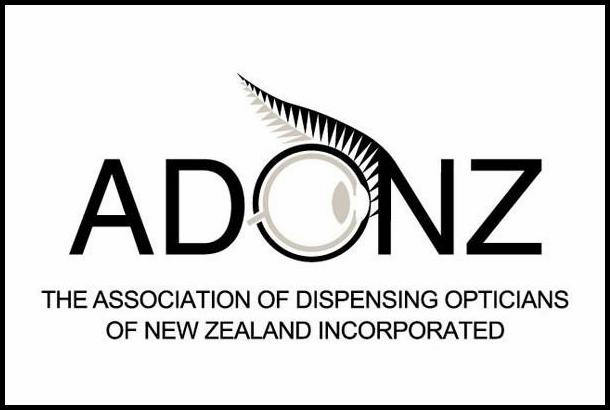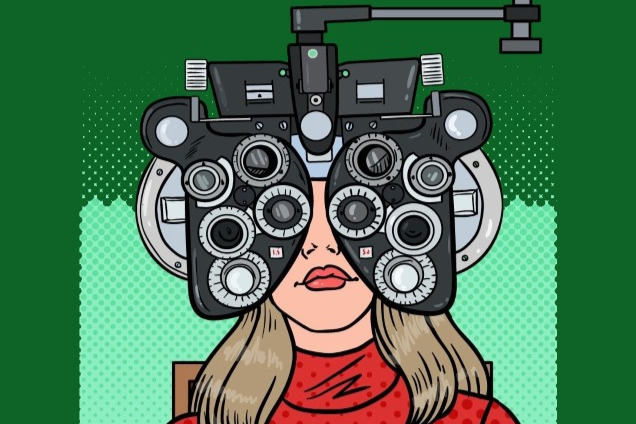LETTER: support, advocacy and regulation
I read with interest the recent letter to NZ Optics (August 2025) ‘Time for ADONZ to take over ODOB’s role?’ and would first like to thank the author for sharing their thoughts so candidly. The issues raised, from rising costs to confusion over regulatory responsibilities, are ones we hear often and take seriously.
The Association of Dispensing Opticians New Zealand (ADONZ) understands that dispensing opticians in New Zealand are facing increasing financial pressure. Registration fees, ongoing compliance and the responsibility of staying current with best practice are all real challenges, especially in a profession as small as ours. But this letter is also an opportunity to clarify some fundamental misunderstandings about the roles of the Optometrists and Dispensing Opticians Board (ODOB) and ADONZ and to consider what is truly at stake in any move toward self-regulation or deregulation.
The ODOB is a Responsible Authority under the Health Practitioners Competence Assurance Act 2003 (HPCAA). Its primary mandate is to protect the health and safety of the public by ensuring that all registered practitioners are competent and fit to practise. It is not, and has never been, the role of the Board to serve or advocate for the profession itself.
ADONZ exists to support, represent and champion dispensing opticians. We do this by advocating to the government, submitting to regulatory reviews, providing high-quality CPD, supporting students and new graduates, engaging with employers and helping to shape the future of the profession. We do it for all dispensing opticians – regardless of whether they hold membership or not. To suggest that ADONZ take over the role of the Board is to combine regulation with representation – two functions that, while interconnected, are not interchangeable.
In 2010, Australia deregulated optical dispensing. Today, there are no national education standards, no protected title, no legal requirement for dispensing competence and very few mechanisms for consumer protection. Many experienced practitioners report a significant loss of professional recognition, inconsistent training standards and reduced public understanding of the role. Some even look to New Zealand with envy. That’s why ADONZ continues to strongly support an appropriately regulated model in New Zealand – one that recognises the clinical responsibilities of dispensing and preserves public trust.
Regulation is not about serving a profession, it’s about protecting the public. Under Section 7 of the HPCAA, the title ‘dispensing optician’ (DO) is protected. However, the tasks themselves are not restricted. That distinction can understandably create confusion. This is why ADONZ continues to advocate for a stronger alignment between our scope of practice and the concept of ‘risk of harm’. DOs play a critical role in patient outcomes, where accuracy, judgement, education and professional accountability directly impact public safety.
In the UK, only registered DOs or optometrists may dispense to children under 16 – this reflects a system that recognises dispensing as a clinical responsibility.
The letter calls for an organisation that supports, trains and recognises dispensing opticians, and suggests that registration fees would be better spent supporting such a body. This is, in fact, exactly what ADONZ already does. We provide CPD, student mentoring, career development, advocacy, employer engagement and more. Our members also receive practical resources, support navigating regulation and representation at the highest levels of policy and sector reform.
Rather than seeing advocacy and regulation as either/or, we believe they are strongest when working together. Our vision for the profession includes a strong, informed regulator and a well-supported, well-respected workforce.
We welcome open, constructive conversation about how we can continue to lift the profile of DOs in New Zealand, and we remain committed to that mission.
Letters to the editor are welcome via email to info@nzoptics.co.nz. Please include your name, title and daytime telephone number. Letters may be edited, abridged or discarded due to content, space availability and clarity.
























